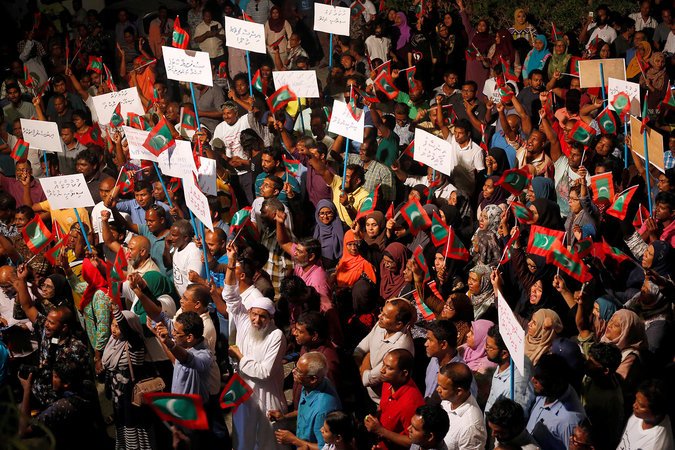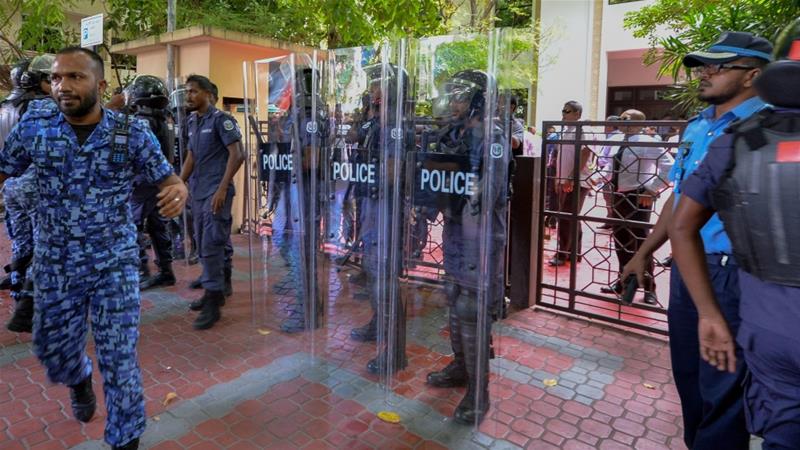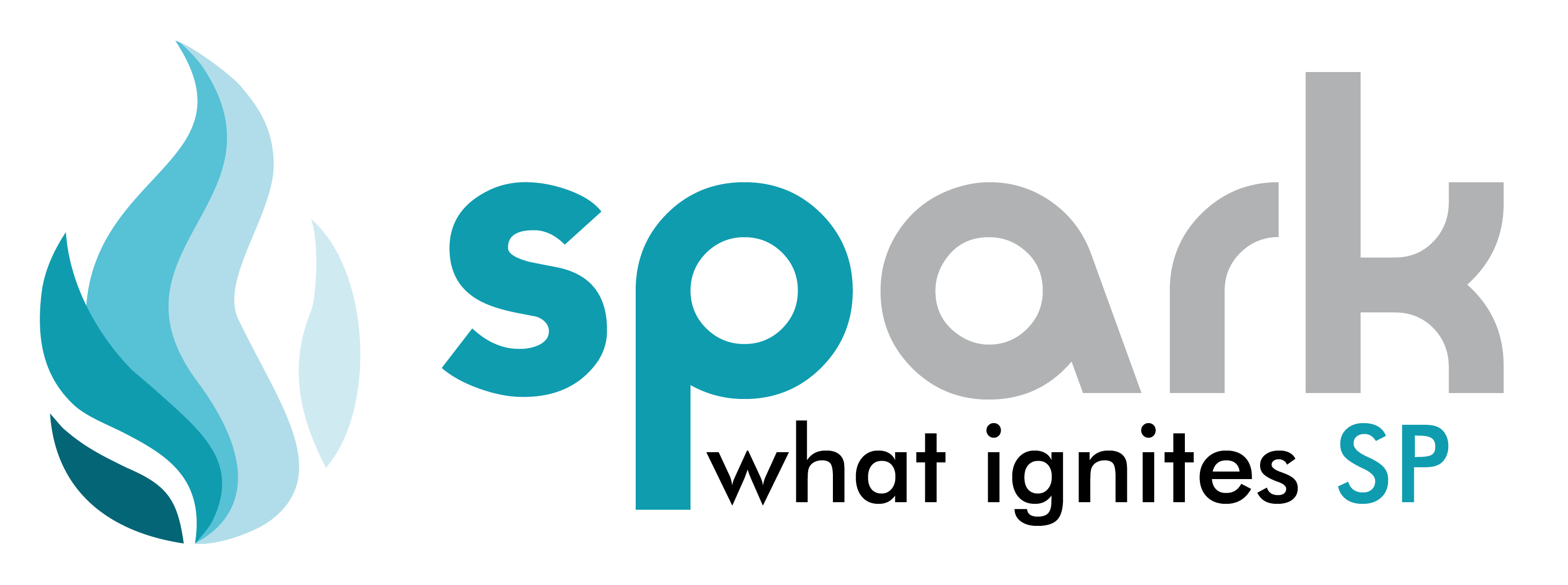The Republic of Maldives, synonymously known as ‘island paradise’, recently censured international attention for the ongoing political crisis. The order for the release of the former president of the Maldives along with 8 other legislators triggered the crisis. The Government of the Maldives did not comply with the Supreme Court directions (SC) on the above and on the 3rd of February, suspended the parliament. Later, the evening of the 5th February, President Abdulla Yameen declared a state of emergency for the following 15 days.
Background:

Mohamed Nasheed made history in 2008 when he defeated Maumoon Abdul Gayoom — then Asia’s longest-serving leader — after three decades of unchallenged rule by being elected as the president.
In January 2012, he ordered the detention of Criminal Court judge Abdulla Mohamed for allegedly obstructing the police, ordering illegal probes, and accepting bribes to release certain criminals. The arrest triggered protests, following which, in February 2012, Nasheed resigned. He fled into exile after he was convicted and jailed in 2015 on a terrorism charge( Jail term for 13 years). Nasheed was later allowed to leave prison a year later to seek medical treatment abroad and was granted asylum in Britain.
In 2013, the government of Abdulla Yameen came to power in a disputed election that opponents say was rigged. Unlike the former president, Mohamed Nasheed, who became the country’s first democratically elected President in 2009 and achieved worldwide renown for highlighting the effect of global warming on the archipelago, Yameen has been accused of eroding democracy, cracking down on dissent and jailing opposition leaders.
The beginning of the political unrest:

At around 10:15 pm local time on Thursday, the Maldives Supreme Court unexpectedly ordered the release of 9 political prisoners, including Maldivian Democratic Party’s Mohamed Nasheed, the former president of the Republic of Maldives. The five-page order argued that the nine political prisoners were tried without due process, violating both the Maldivian constitution and international human rights treaties.
Ordering their immediate release and a retrial, the Maldivian apex court also noted that prosecutors and judges had been “unduly influenced” to conduct “politically motivated investigations”.
Immediately after the order was announced, opposition supporters came out on the streets of the Maldivian capital, waving national flags and cheering. Most of the crowds congregated outside the office of the principal opposition party, MDP.
The government of Maldives, however, refused to comply with the SC. Mr Yameen’s response came on Monday, the 5th of February. In a shock move, heavily-armed troops and special police stormed the Supreme Court building in Malé, ceasing all proceedings at the parliament thenceforth.
Current Scenario:

The 15-day state of emergency imposed earlier this week gives the government sweeping powers to arrest and detain individuals and curtails the powers of the judiciary and the legislature. Maldives chief justice Abdulla Saeed and another judge were arrested at dawn Tuesday after security forces stormed the court complex in the capital Male.
Addressing the nation hours later, Yameen said the judges were part of a plot to overthrow him. “I had to declare a national emergency because there was no other way to investigate these judges,” he said. “We had to find out how thick the plot or coup was.”
India’s Involvement:
Maldivians see India’s potential role in resolving the crisis gripping the island not as an occupation, but as “liberating assistance”, exiled former President Mohamed Nasheed said, reiterating his earlier call for Indian intervention.
India’s response so far has been encouraging its neighbour to abide by the rule of law with the statement, “In the spirit of democracy and rule of law, it is imperative for all organs of the Government of Maldives to respect and abide by the order of the (Supreme) court.”

